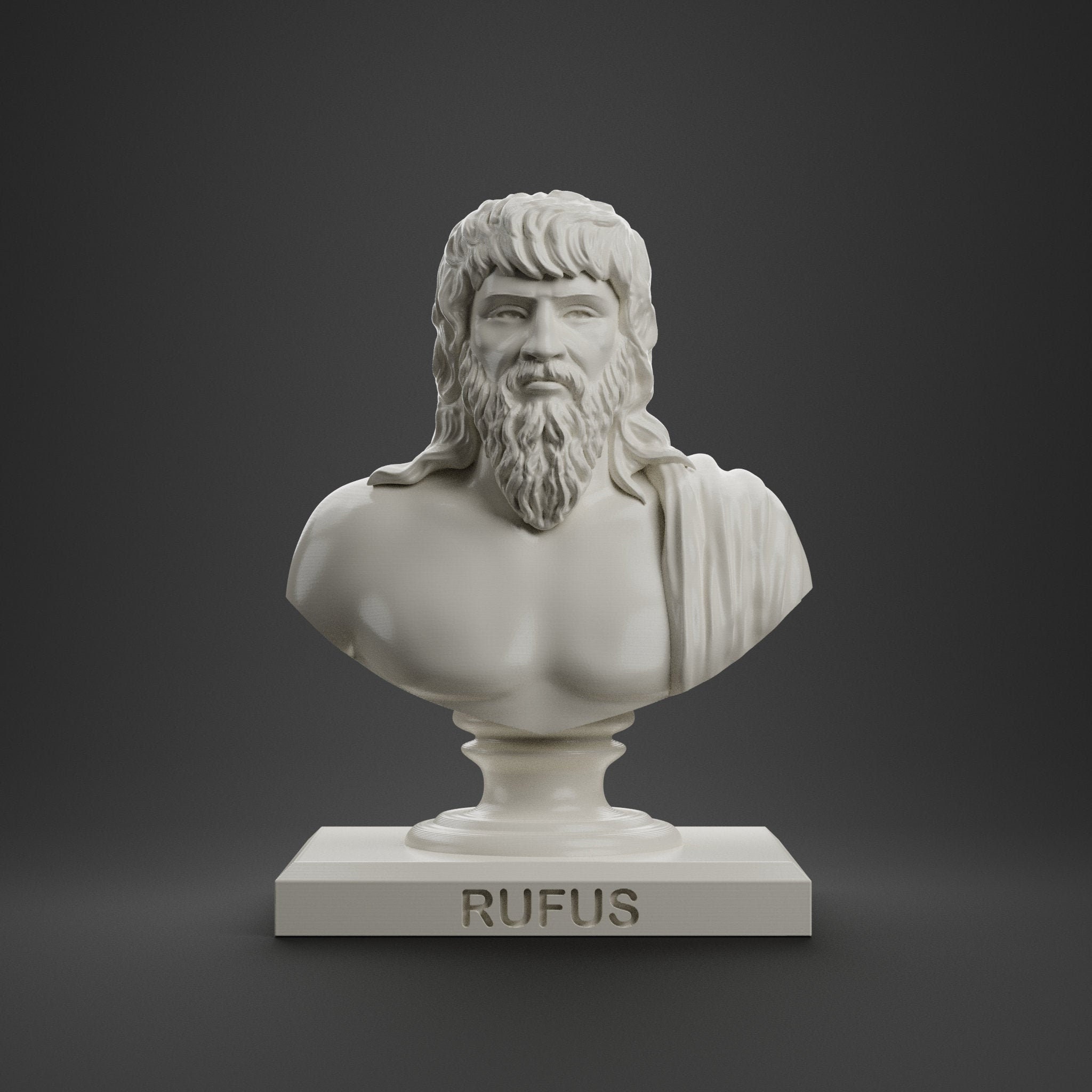

Musonius states that a woman should be a good home economist, “a careful accountant of all that pertains to the welfare of her house, and capable of directing the household slaves.” A woman should also be chaste and self-controlled, “pure in respect of unlawful love, exercise restraint in other pleasures, not be a slave to desire, not be contentious, not lavish in expense, nor extravagant in dress…superior to uncontrolled emotion of every kind.” But Musonius tolerates no double standard. “If, therefore, some of this courage is lacking in other women, it is due to lack of use and practice rather than because they were not endowed with it.” Otherwise, how will she be said to have self-control, if by threat or by force she can be constrained to yield to shame? Furthermore, it is necessary for woman to be able to repel attack, unless indeed they are willing to appear more cowardly than hens and other female birds, which fight with creatures much larger than themselves to defend their young.” He mentions the Amazons as proof that women can fight.

Musonius argues that courage is a virtue that a woman needs just as much as a man, “so that she will neither be swayed by hardships nor by fear. For all human tasks…are a common obligation and are common for men and women, and none is necessarily appointed for either one exclusively.” But he says, “Some men might more fittingly handle certain of the lighter tasks and what is generally considered women’s work, and again, women might do heavier tasks which seem more appropriate for men whenever conditions of strength, need, or circumstance warranted. He concedes that most men are built stronger than most women. He is asked, “Come now, do you expect that men should learn spinning the same as women, and that women should take part in the gymnastic exercises the same as men?” His answer is, not necessarily. Musonius questions whether there is any firm line between men’s work and women’s work. For female dogs are taught to hunt just as the males are, and one can see no difference in the training of mares, if they are expected to do a horse’s work, and the training of stallions.” He argues, “Women as well as men have received from the gods the gift of reason.” And why would it be good for men to study how to live a good life, but bad for women? When asked whether daughters should receive the same education as sons, Musonius answers, Why not? “Trainers of horses and dogs make no distinction in the training of the male and the female. Musonius believed that women are just as fit to study philosophy as men.


 0 kommentar(er)
0 kommentar(er)
